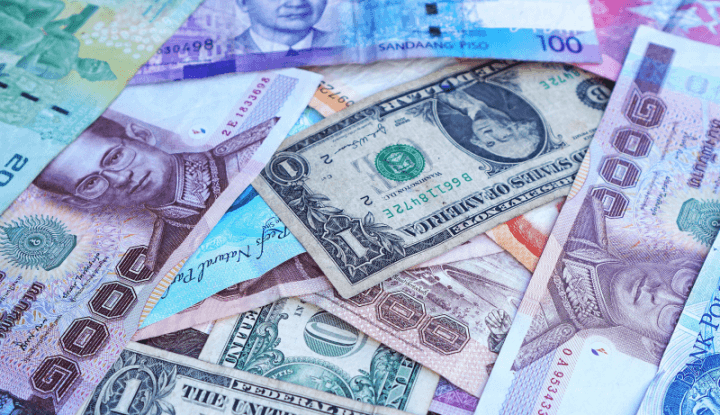Currency trading can be very lucrative, but also very risky if you’re inexperienced. Many newcomers have tried to get in on this style of trading only to find themselves losing money instead of making money. The good news is that if you take the time to familiarize yourself with a few basic facts about currency trading, you can increase your chances of coming out on top, avoiding heavy losses. Let’s take a look at three things you should know about currency trading. Note that we will not be covering anything related to cryptocurrency trading.
How Do You Make Money Trading Money?
A lot of people have the idea that bringing value to the market is the best way to make money. However, a better way is by moving capital around in creative ways. This is why hedge fund managers and bankers are so rich. With currency trading, you’ll be doing something similar, yet nowhere near as complicated.
You make money from currency trading in two ways: either the quoted currency increases in value, or the base currency decreases in value. Basically, you’re taking advantage of the fact that currency values fluctuate, and your goal is to trade a currency that will decrease in value for one that will increase in value. As you can imagine, being able to predict how a currency will rise or fall in value will be key to your success.
What Am I Buying or Selling in the Forex Market?
Forex is the largest market in the world and it is where you’ll be doing your currency trading. It handles trades for both large investment banks and singular individuals like yourself. Trades are done “over the counter,” and can be done 24/7. This makes it a very liquid market, making it the perfect place for currency trading.
What is bought and sold on Forex are currency pairs. This is basically just a fancy way of saying that one person buys a certain currency, while another sells. This is typically done using “majors” which are currencies like the US dollar, Japanese yen, Euro, and the British pound. Your goal is to correctly guess whether or not a currency will appreciate or depreciate in value when you make a trade. If you are correct, you make a profit. It is as simple as that.
The 4 Major Currencies on the Forex Market
Since we’ve already mentioned the “majors,” let’s take a closer look at them. Since these are the currencies you’ll likely be trading in, it will be good to familiarize your self with them as much as possible. Just don’t forget that there are other currencies that you can trade in such as the Korean won, the Swiss franc, and the Canadian dollar.
US Dollar
USD, or the US dollar, as it is called in many cases, is the world’s most-used currency for international transactions. It also holds the position of the world’s primary reserve currency as well.
Japanese Yen
The Japanese yen is the third most traded currency in the foreign exchange market. It also holds the distinction of being a reserve currency, but only after the US dollar, Euro, and British pound. Over the decades, the yen has decreased in value due to Japan’s focus on exports, trade surplus, ultra-low interest rates, and the government’s anti-inflation policy.
Euro
19 out of the 28 members of the European Union use the euro as their main form of currency. It is both the second most traded and second largest currency in the world. It also holds a place as the world’s second reserve currency after the US dollar, as well as the second most traded. Compared to the other “majors,” the value of the Euro has fluctuated more over the years.
British Pound
The British pound, aka pound sterling, is the currency used by the UK and many of its territories. It is both the third most traded currency and the third most held reserve currency. While the pound has been relatively stable in the past, it has become more volatile in recent years thanks to events such as the creation of the euro, the 2008 financial crisis, and “Brexit.”
Pros and Cons of Currency Trading
Let’s end things with a quick list of the pros and cons of currency trading. Currency trading isn’t for everyone, but if you want to take the plunge, you need to know what you’re getting into.
Pros
• Low Costs
• Very High Liquidity
• Easy Short Selling
• Simple Tax Rules
• Large Ratio of Borrowing
Cons
• Borrowing Ratio can Lead to Big Losses if Used Poorly
• High Volatility Can Work Against You
• Fewer Residual Returns
• High Leverage = High Risk
• Self-Learning is a Must
Suggested Reading:
The Art of Currency Trading: A Professional’s Guide to the Foreign Exchange Market by Brent Donnelly



